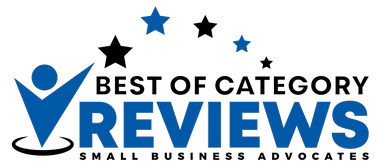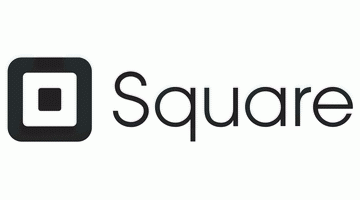Updated on November 22, 2021
Important things you need to know about Equipment Leasing
It is very easy to understand the ownership of equipment, all you need is to exchange money for an item and from that moment, it is yours to keep. Against that backdrop, leasing equipment is strange because of the language as well as logics which majorities are not familiar with. If this is the first time you are coming across leasing equipment, here are six things you need to consider in advance.
- The Terminology
- Who is Responsible for the Equipment?
- Are You Looking to Own or Return the Equipment?
- How Quickly Does the Equipment Depreciate in Value?
- Do You Need to Make a Down payment?
- The Cost Relative to Buying
Final Thoughts
1. The Terminology
If you are taking a look at leases, you would probably encounter some terms that might sound weird when spoken and also look strange when written down. For instance, the asset is being owned by a lessor, while the lessee is the person who is paying money so as to use it. You’ll also want to know what differentiate a fair market value and a buyout lease. The concept is about the basis of financing is explained in this article.
The terms are very much and we can’t cover all here, but in case you encounter any term that you are not familiar with, ensure you find their meaning or ask the lessor what they mean in the context of the lease. There are some companies that provide helpful FAQs for their prospective customers.
2. Who is Responsible for the Equipment?
One of the most crucial details that you will want to lock down are questions about the ownership. Normally, a lease involves exchanging money with an asset’s owner in exchange for the right to use it for the duration of the contract. What didn’t happen during the exchange is the transfer of ownership.
That implies that the lessor is responsible for the upkeep and maintenance of the property. Consider the arrangement you might have with your landlord.
Plenty of those kinds of lease can be found, but you have to be aware that most of them are now structured differently. Leases that are designed so as to facilitate ownership like buyout leases and equipment financing agreements may have to transfer the responsibility for maintaining such product to the lessee, so make sure you consider those factors when calculating your cost.
3. Are You Looking to Own or Return the Equipment?
A lease can be referred to as a temporary arrangement because when the term of the lease is up, you will have to make a crucial decision whether to extend your lease, buy the equipment or return the equipment.
What most people do not realize is that the decision is supposed to be made before signing the lease rather than waiting for the duration to elapse because there are various kinds of lease. For instance, a $1 buyout lease is designed to facilitate the ownership of the equipment by spreading the cost out over the length of the term. However, a fair market lease is closer to a rental agreement: In this case, the monthly payment will be lower, but if you want to buy the equipment at the expiration of the contract, the cost would be higher.
4. How Quickly Does the Equipment Depreciate in Value?
If you are not sure whether to return or own the equipment, a crucial factor to consider is how quickly the equipment will lose value or become obsolete. For instance, a vehicle might retain its utility for more than 10 years whereas a computer will be showing its age at the end of the leasing term. An asset that loses its utility and cannot be sold again may not worth owning for a long period of time.
5. Do You Need to Make a Down payment?
One of the crucial advantages of leases over equipment loans is that you do not have to come up with any percentage of the equipment cost because most equipment loans would not cover 100 percent.
However, that does not mean you would avoid upfront costs. You can expect to make the first month’s payment immediately, although most of the lessors would also ask for the last month’s payment.
In addition, some equipment leasing may likewise charge a service fee to the actual month leasing costs.
6. The Cost Relative to Buying
In most cases leases are more expensive than buying the product immediately or buying with an equipment loan. With that, there are some factors that make leasing more prudent financially. If, for instance, the lessor is responsible for maintenance, you are likely going to save some money over the duration of the term. Also, based on the terms of your lease, you may likewise be able to write-off payments off your taxes.
Final Thoughts
These are several more to read about equipment leasing as well as loans which you can find at our equipment funder reviews.
ALSO SEE : How to protect your credentials After the Breach of Equifax

